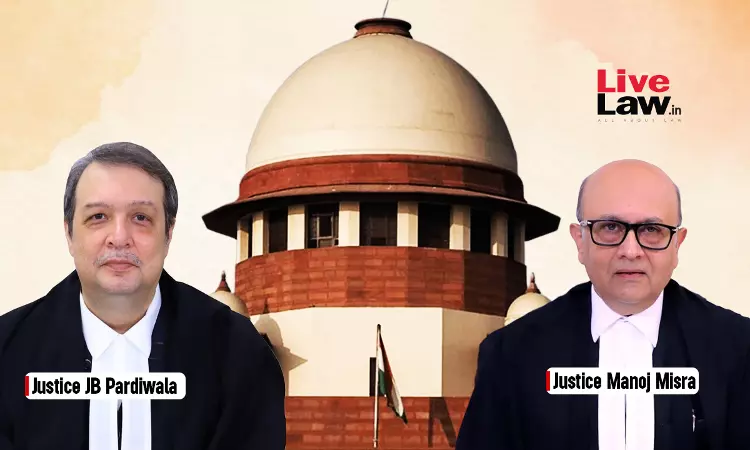- Home
- /
- Supreme court
- /
- Supreme Court Explains Features Of...
Supreme Court Explains Features Of Doctrine of Legitimate Expectation
Yash Mittal
13 July 2024 12:44 PM IST
Observing that the doctrine of legitimate expectation cannot be extended to the operation of a contract, the Supreme Court laid down the crucial features regarding the doctrine of legitimate expectation.The features are as follows: -"a. legitimate expectation must be based on a right as opposed to a mere hope, wish, or anticipation; b. legitimate expectation must arise either from an express...
Next Story



